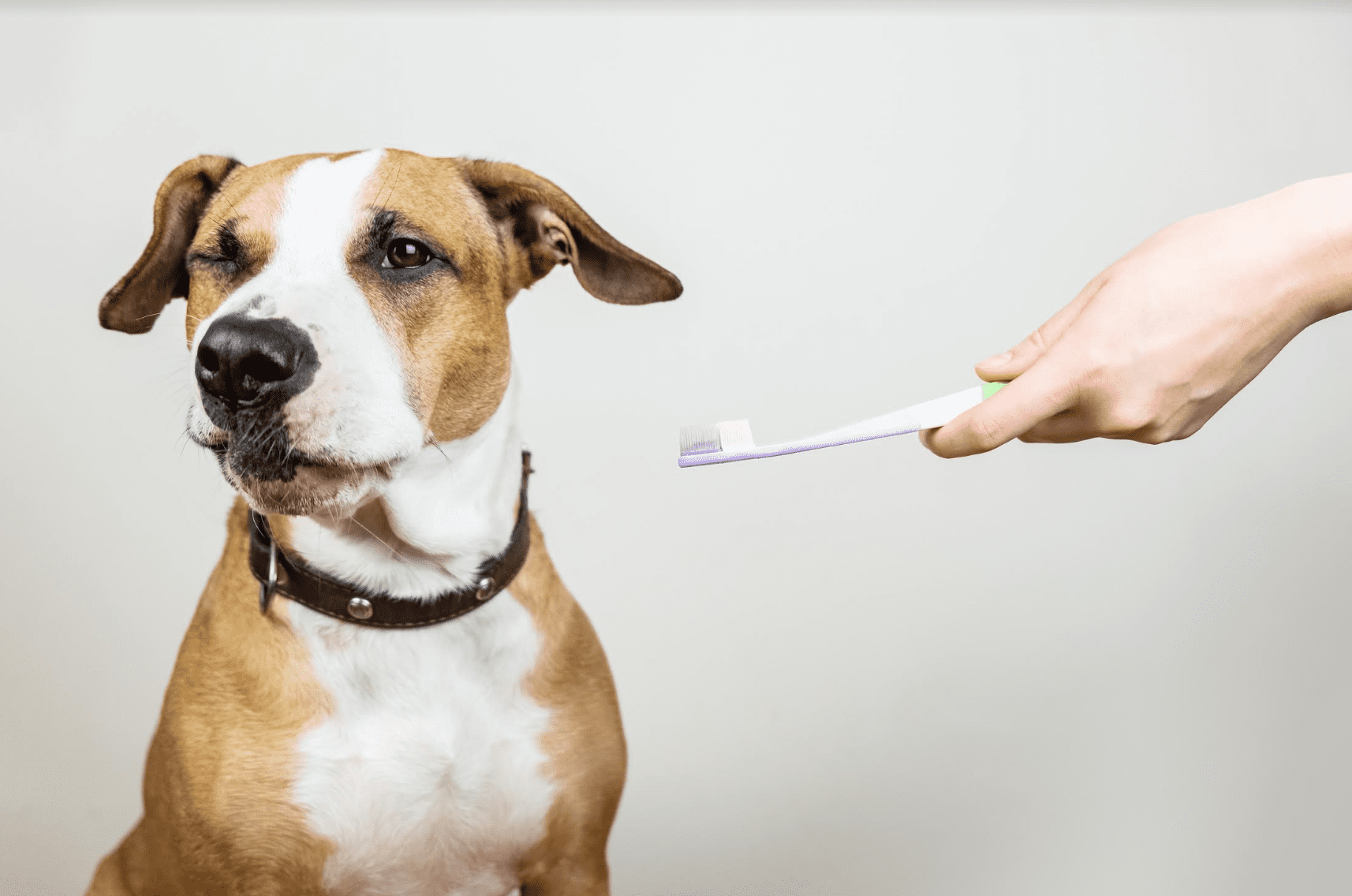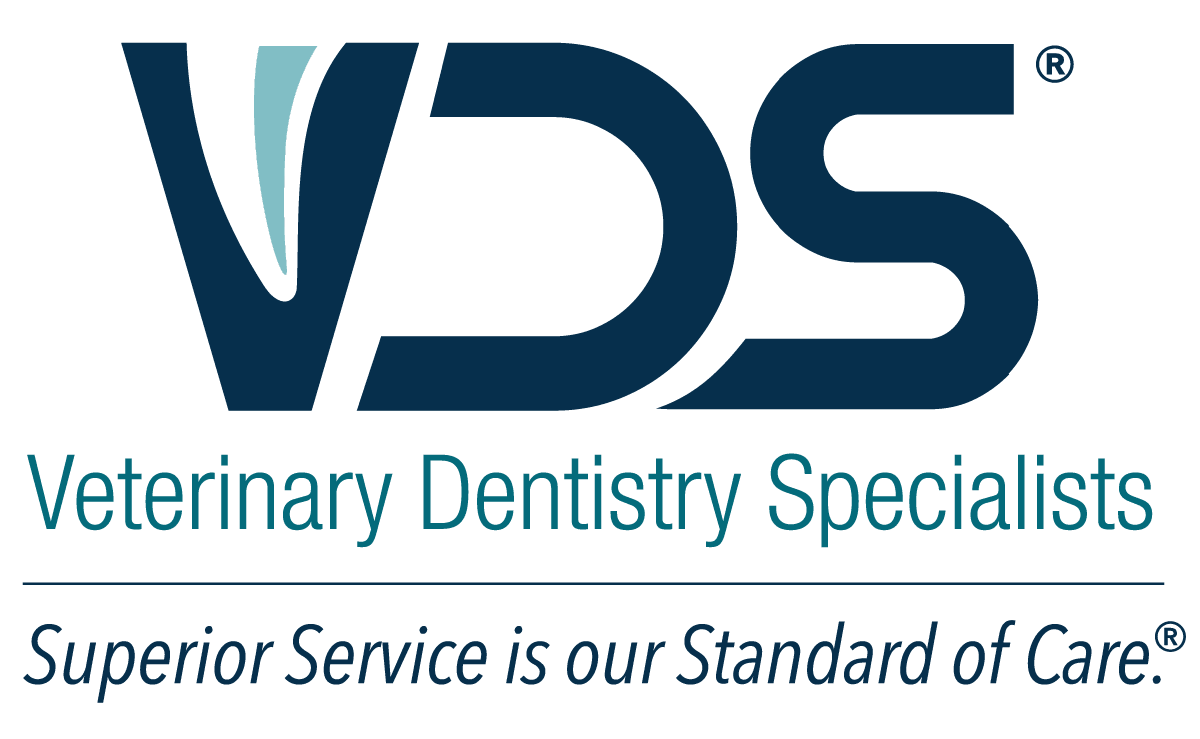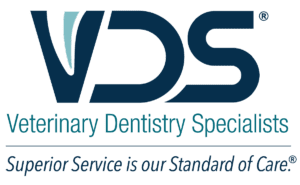
Did you know dental problems in pets are very common? Approximately 80% of dogs and 70% of cats over 3 years of age have some form of oral disease. The pain associated with dental disease can range from discomfort to agonizing for your pet, and it’s progressive — so it’s important to get it addressed and schedule a pet dental checkup.
Because February is National Pet Dental Health Month, we would like to help pet owners understand how to recognize the signs that a pet may have dental disease. Many pet owners just assume that stinky breath goes with having a pet — but it doesn’t have to and it’s a sign of needed care.
Symptoms of pet dental problems that indicate treatment is needed:
- Bad breath
- Buildup of tartar
- Eating difficulties
- Excessive salivation
- Facial swelling
- General fatigue
- Head shyness
- Loose or broken teeth
- Lumps or bumps in their mouth
- Stained or dark teeth
- Swollen/irritated gums
- Weight loss
If your pet is displaying any of these symptoms, please make an appointment for an exam with your primary care veterinarian. If your pet does not receive treatment, it can lead to pain, tooth loss, sinus infections, organ toxicities, and periodontal disease. An evaluation may also reveal dangerous oral tumors that, if caught early, are treatable, and can save a life.
Preventive dental care in dogs and cats
Just like in humans, good oral care, including regular cleanings and checkups, will keep your pet’s mouth healthy, improve their quality of life—and can even prolong their lives. In addition to yearly dental examinations, an at home routine for dental upkeep should be established. This can be challenging for any pet owner, so the sooner a maintenance plan is established, the better. Brushing your pet’s teeth daily is ideal but may not be realistic as many pets don’t like this. In the event your pet will not allow you to brush their teeth, dental chews are a great option to help remove plaque and tartar.
Advanced dental care for dogs and cats
If your pet’s oral disease is advanced or your pet has suffered a facial/jaw injury, care by a dental specialist may be necessary. Talk to your veterinarian about a referral to our practice. VDS is the only practice in the nation dedicated to advanced dentistry and oral surgery for pets where a full-time board-certified veterinary dentist and board-certified veterinary anesthesiologist are on staff to ensure the safest and most comfortable experience and the best possible outcome.
While February is National Pet Dental Health Month, dental health should be a daily ritual for pet owners all year long. VDS is here for advanced care and we’re happy to help you get your pet’s smile back. Call 856.242.9253 to schedule an appointment or speak with one of our team members.





